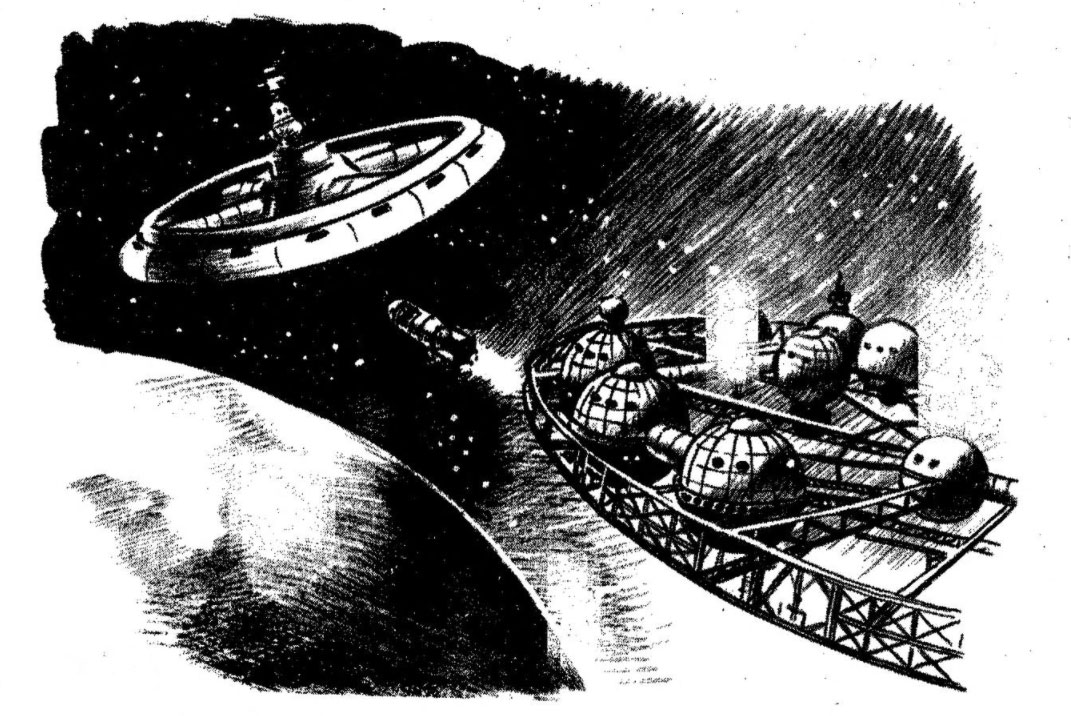The legacy of Philip K. Dick remains as potent and evocative today as it was at the time of its unveiling. The novelist behind the story that inspired the film Blade Runner was less concerned with predicting the future than with probing the essence of what makes us human.
Characters who question their own reality, believing their minds to be ensnared in a simulation where only a thin veil separates the real from the imagined. Such is the work of Philip K. Dick, born December 16, 1928, in Chicago, one of science fiction’s most celebrated authors. Through his stories, he aimed to blur the lines for the reader between what is true and what is not.
Plagued by mental health issues and rampant drug use, Dick himself claimed at a science fiction convention that he believed his life was a simulation and that he was capable of experiencing himself in alternate realities. His entire existence was a maeload of obsessions, disorders, suicide attempts, and complex relationships with women. A master manipulator, he even managed to have his wife committed to a psychiatric hospital while he himself was in the midst of a paranoid crisis.
Reality or Fantasy?
In his novels, Philip K. Dick indulges in the taste for existential doubt and suspicion, one of the most captivating aspects of his work. The author sought to sow uncertainty in the reader, leaving them to ponder whether the characters in his stories were human replicas, robotic or extraterrestrial, flesh and blood or machines, or if the reality perceived through reading was some form of hallucination, mirage, or delusion. Dick didn’t just weave these complex plots into his novels; he also raised these questions with his second wife and many of his friends.
Dick instilled in them a permanent doubt, blurring the lines between his characteristic jokes and absurd humor and the onset of terror and hallucination. Another dark aspect of the writer’s life was his romantic relationships, many of which were with minors and based on dominance.
Becoming an icon in the eighties and nineties, Dick, who described himself as an apostle of counter-culture, was an author whose vast body of work was matched only by a life filled with extraordinary episodes. His twin sister died twenty days after birth, supposedly from malnutrition, an event that would haunt him for the rest of his life. His life was marred by psychotic episodes, drug experiments, and affinities with the so-called ‘beat’ movement, a group of American writers from the fifties who advocated for the rejection of classic American values, drug use, sexual freedom, and the exploration of Eastern philosophy.
In 1974, amidst a metaphysical labyrinth he would never escape, Dick convinced himself he was a chosen prophet, and his disturbing stories were about an elaborate conspiracy to deceive the population, living in a fake reality from which he could escape only by revealing the truth, even if it meant the destruction of the world as we know it.
Empathy or Evolution?
Two of Dick’s most renowned novels are The Man in the High Castle, an alternate history where the Nazis and Japanese won World War II, and the enigmatic Ubik, where the author humorously tackles his favorite themes: multiple realities or alternative universes, nested within each other.
In this novel, he includes ideas about life after death where the situations perceived as real by the characters are merely fabrications or pseudoworlds constructed by a higher entity, whose reality, in turn, is the creation of another being. By the time Dick wrote The Three Stigmata of Palmer Eldritch, his mind was significantly altered by constant drug use.
Another obsession prevalent in his novels was the difficulty in distinguishing between what was genuinely human and the soulless copy. This is the premise of his famous Do Androids Dream of Electric Sheep?, where Dick contrasts increasingly emotionless humans with sophisticated androids that possess their own intelligence but still seek the ability to feel.
For Dick, the defining line that allows us to distinguish man from his creation is empathy, the ability to understand and share the feelings of another. Humans have empathy; androids do not, and theoretically, could be killed without remorse.
The moral dilemma posed by the novel is twofold: on one hand, androids are capable of developing basic emotions, possess increasingly sophisticated intelligence, and thus the capacity to evolve, contrasting with the humans depicted by Dick, who are anything but emotional beings.
Final Madness
Drug abuse led Philip K. Dick to believe that communists, the CIA, the FBI, and Nazis were after him. He began consuming speed, a synthetic substance that stimulates the central nervous system, supplied to him by a friend from the Hell’s Angels group. During this period, a confusing incident occurred: someone broke into Dick’s home and cracked open the safe where he kept his manuscripts, which also allegedly contained a significant amount of heroin.
In a 1978 interview, Dick suggested that the safe had been blown open by the United States government, concerned about his novel The Penultimate Truth, in which he depicted a fabricated war between the Soviet Union and the United States. Dick believed the plot was so close to reality that authorities suspected he had access to classified material.
During this time, as Dick spiraled into a depressive vortex that led to several suicide attempts, he began receiving peculiar letters from Estonia. In a unique move, Dick informed the FBI but did so in an unconventional way: he left the letters in the trash, convinced the FBI was monitoring his correspondence.
On February 17, 1982, following a consultation, Dick contacted his doctor complaining of vision problems. He was advised to immediately go to the hospital, but Dick ignored the advice. The next day, he was found unconscious in his Santa Ana, California, home after suffering a stroke. A week later, on February 25, Dick suffered another stroke in the hospital, which led to brain death. Five days afterward, on March 2, 1982, life support was withdrawn from Philip K. Dick.
After his death, his ashes were taken by his father to the Riverside Cemetery in Fort Morgan, Colorado, to be laid to rest alongside his twin sister Jane. Dick died four months before the release of Blade Runner, the film adaptation of his novel Do Androids Dream of Electric Sheep?, and thus never witnessed the monumental success of the film, which would become an icon of fantasy and science fiction cinema.
Dick’s exploration of the boundaries between reality and illusion, his introspection on the nature of humanity versus artificiality, and his uncanny ability to project the future while anchoring it in a deeply philosophical discourse, ensure his work remains relevant. His narratives, a complex blend of science fiction and existential inquiry, continue to challenge, mystify, and inspire, serving as a testament to a life lived on the edge of reality and imagination. Philip K. Dick’s stories, much like the characters within them, exist in a space where the lines between the real and the unreal are perpetually blurred, inviting readers to question not just the nature of their existence, but the very fabric of reality itself.
J. M. Sadurní
Storica National Geographic, March 2, 2024



